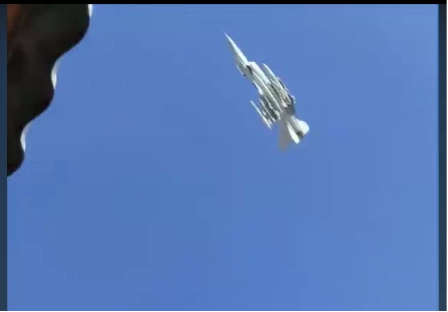The Russian authorities are turning to friendly countries for help in organizing domestic flights due to the risk of a shortage of aircraft among Russian carriers. The Ministry of Transport is negotiating with Kazakhstan to involve Kazakh airlines in operating flights within Russia, The Moscow Times reported.
This involves so-called cabotage flights, where a foreign airline operates flights between cities within another country, a practice currently only allowed for Russian carriers.
JOIN US ON TELEGRAM
Follow our coverage of the war on the @Kyivpost_official.
“The possibility of allowing cabotage flights is being considered in light of the aircraft shortage,” said Roman Starovoit, Russia’s Minister of Transport. He added that negotiations are also underway with other countries, though he declined to name them.
According to the report, before the full-scale Ukraine invasion began in 2022, Russian airlines had a fleet of 850 aircraft, but by the beginning of 2023, this number had dropped to 736, according to estimates by consulting firm Oliver Wyman.
Sanctions, which have banned the supply of Western aircraft and parts to Russia, could lead to the fleet being halved by 2026.
Oliver Wyman estimates that a significant reduction of foreign-made aircraft will begin in 2025, as these planes will require major repairs.
In August, Kyiv Post reported that some airlines are now rationing fuel as Moscow’s already struggling commercial airlines stagger from one crisis to another.

EU Trade at Record High Since 2017 Association Agreement
Pilots from one of the low-cost airlines from the Aeroflot group, Pobeda Airlines, are complaining their management have instituted a potentially dangerous fuel procedure.
The aviators say that their aircraft are being refueled to levels that are dangerously close to, in some cases below, the minimum levels, necessary for a particular journey.
Some have made their concerns known formally to the “competent authorities,” calling the actions of the airline “criminal.” They’ve stated that this is done for economic reasons and reduces the margin of safety, which is already compromised to an unacceptable degree by factors such as inadequate maintenance schedules.
While avoiding mention of the effect of Ukrainian strikes against Russian fuel depots, the pilots say these decisions are the result of recent price rises and the restricted availability of some aviation fuel. According to SPIMEX, the St. Petersburg International Mercantile Exchange, Russian aviation fuel prices have increased by 30% since March 2022.
One pilot is cited as saying fuel calculations are being made based on the shortest route between airports, making no allowance for any deviation for bad weather or over airport stacking during busy times.
In February, the Wall Street Journal, citing the German research company, Jacdec, reported that Russian airlines had suffered 74 in-flight emergencies in 2023 – more than double the 36 events reported in 2022. Russia’s Federal Air Transport Agency, recorded more than 400 instances of equipment failure involving engines, landing gear, flaps, aircraft software and hydraulic systems prior to flights.
You can also highlight the text and press Ctrl + Enter











